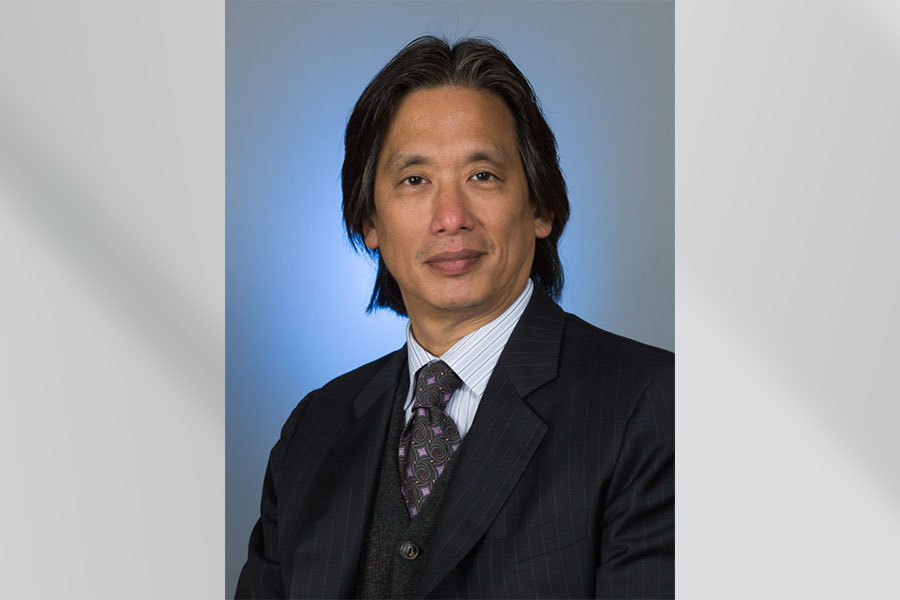A new era is underway in the field of artificial intelligence, and the potential is exciting for clinical medicine, an expert in AI and health care told a UNMC audience last week.
In the latest discussion for UNMC’s Breakthrough Thinking series, Anthony Chang, MD, said he was happy to see excitement and enthusiasm around AI. On Jan. 10, he discussed the topic, “Why AI Will Not Save Health Care, and What to Do to Change That.”
Dr. Chang told the virtual attendees that more clinicians need to be involved in the evolution of AI in health care. But for clinicians to be involved at a high level, he said, more clinicians need to be educated in the area of artificial intelligence.
Whether AI is positioned to save health care, Dr. Chang said, is “up to us.”
“I think it will save health care, but it’s going to be up to all of us to learn about it and then embrace it,” he said. “And be in a position to really make impact.”
Dr. Chang is a practicing pediatric cardiologist and medical director of the Heart Failure Program at Children’s Hospital of Orange County in California. He also is the chief intelligence and innovation officer of The Medical Intelligence and Innovation Institute – the first institute of its kind in a hospital dedicated to implementing data science and artificial intelligence in medicine.
Dr. Chang explained that AI is not a device, but instead something organic that rapidly changes through time. He called AI in its current state “super information” – something that is parroting knowledge and a long way from wisdom.
Ultimately, Dr. Chang said, AI has potential to be a powerful tool to diagnose cases and treat patients, such as through analyzing medical images. He described its potential to be a “health care learning system with a brain” that constantly analyzes health care data, effectively doing its own research and not having to rely on published reports for new information and knowledge.
“It’s going to bring out the best in us,” he said.
But Dr. Chang said the ideas for employing AI in health care need to come from clinicians, not data scientists. The impact of those efforts at employing AI, he said, needs to be the “North Star” behind projects.
Beyond getting more clinicians involved and educated in the field, Dr. Chang said it’s important for health institutions to up their game in information technology, shoring up their data and IT infrastructures.
Dr. Chang suggested a future in which humans combine their skills with deep computer learning to have “smart AI.”
In closing the presentation, Chancellor Jeffrey P. Gold said UNMC is trying to lean in on the educational, clinical, research and administrative sides of AI. Dr. Gold said Dr. Chang will be visiting campus in person this spring for further discussions, and “there’s a lot that we could unpack.”
“The more we have these open conversations, the better off we’re all going to be,” Dr. Gold said. “Right now, there’s just so many different opportunities, what we’re looking for are some very tangible next steps.”
